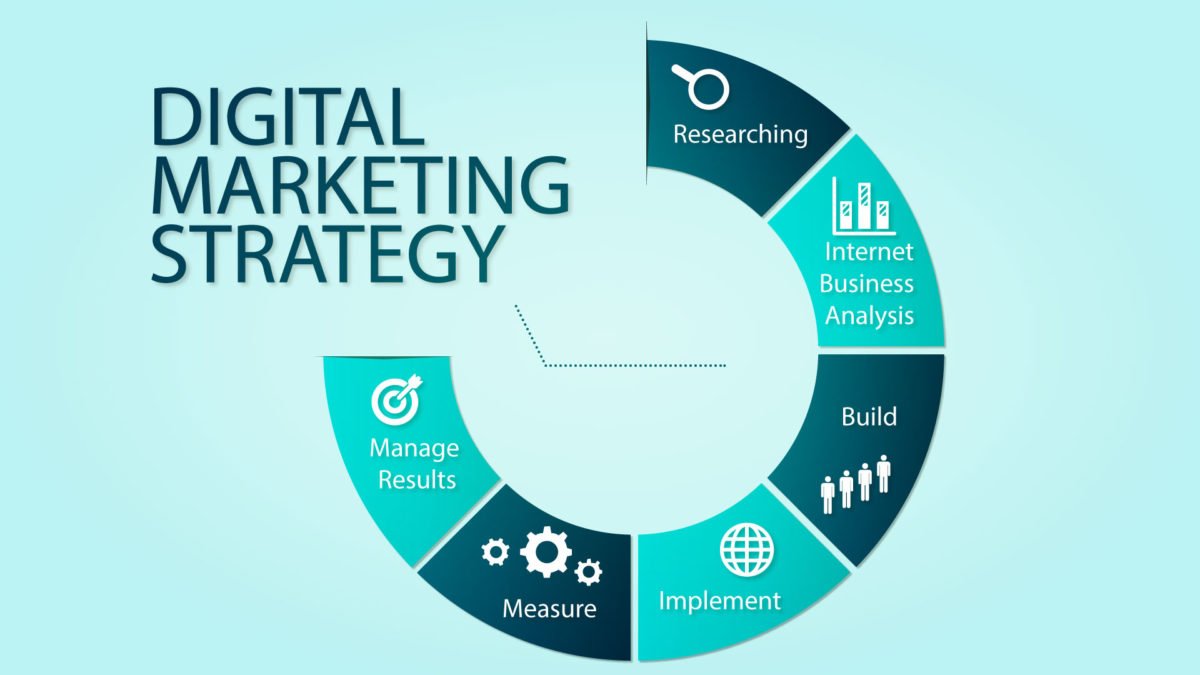In today’s digital marketing landscape, a strategy framework is not enough. In order to thrive in this environment and take advantage of all opportunities available with social media platforms like Facebook or Twitter for instance, you need an integrated approach that combines traditional advertising methods such as television commercials along side online banner ads when they are most effective based off recent data from Google Analytics . It’s important because many brands neglect one half without fully understanding how the other can affect their bottom line so let me show both sides here by explaining why.
Define your audience –
The only way to market with impact is by knowing your audience. This means not just targeting those individuals who are searching for or interested in what you have, but also understanding the psyche of an average person on Google search engines—and how they differ from one another! It can be tempting as a business owner/founder/CEO etc., after all that time spent creating content based off assumptions about people’s needs then seeing something like this come up: “I’m sorry; I don’t believe anyone has
By understanding your audience, you can better target the right content marketing strategy to their needs. What are they interested in? How does that affect what type of information they consume and how often it is accessed online by country or region-based demographics for example would be important factors when looking at platforms where potential clients could engage with our product/service.
Map your budget –
Digital marketing strategy can seem daunting with a large number of resources and strategies to choose from. The best thing you could do is find one or two really effective practices that work for your budget before spreading yourself thin by investing in other things as well. You need to think about the experience of those on your team. Do they have more traditional marketing skills or are familiar with current industry-standard tools? The number and skill level of people assisting you will affect what kind of campaigns should be run for which products/services as well as where advertising dollars go best: online vs offline media, social networking sites like Twitter versus Facebook pages – just some examples!
Set measurable goals –
Website traffic – As a small business, you should always be monitoring your website traffic. It can serve as an important early indicator for how engaged customers are with the company and whether or not they will return in future visits leading up to making purchases that may lead closer proximity between them and other aspects of what makes up their brand experience
If there’s one thing any entrepreneur knows about running his/her own eCommerce store, its importance when considering customer engagement – especially at earlier stages before revenue starts coming rolling along steadily enough alongside rising web conversions rates due largely thanks towards SEO efforts waged aggressively both internally (on site content…etc)
Lead generation – If you want to create revenue, the first step is attracting leads. Depending on your current marketing strategies for this goal- whether it be through cold calls or email campaigns -you need an effective strategy in place that tracks both qualified prospects and unqualified visitors so as not waste time contacting people who won’t buy from us anyway!
Brand awareness – It’s a well-known fact that social media is so important for entrepreneurs. It can help them to reach their target audience, create buzz about the company and its products or services among potential clients in real time without having any expensive advertising campaigns up on TV commercials etc., but how does one measure success? There are many metrics by which you may assess whether your online presence has been successful: from number of followers who engage with what they see via likes & retweets; comments made under posts – these all play part too! The key thing though should always remain this–if someone searches “products name”
Analyze and adapt
Digital marketing is a challenging and intricate process. It requires dedication to plan, execute, research your target audience – all while maintaining the appropriate tone for success in this ever-changing industry! The initial investment can be daunting but you’ll reap rewards if done correctly with time as every strategy takes development before it’s perfected into something that works well on its own or together with other platforms like email lists/social media outreach campaigns etc..
Conclusion –
One thing I always recommend new marketers do when they’re getting started? Make sure their content strategies align properly by ensuring high quality original material gets posted consistently throughout Facebook groups where people who share interests live such things fitness outdoor activities traveling photography…etc., never copy. When it comes to digital marketing, your work never ends. Keep track of all the metrics and make changes based on data that you see as an effective marketer; one who stays up-to-date with current trends can use this information in order for them create a more successful campaign strategy going forward. Digital Marketing isn’t just about setting things out there once–you’ve got keep analyzing what’s working well or not so much anymore because no two campaigns should look alike!
Related posts
Subscribe Now
* You will receive the latest news and updates on your favorite celebrities!
Meet the Author

Gillion is a multi-concept WordPress theme that lets you create blog, magazine, news, review websites. With clean and functional design and lots of useful features theme will deliver amazing user experience to your clients and readers.
Learn moreCategories
- Animals (6)
- Business (579)
- Cooking (3)
- Design (17)
- Education (59)
- Entertainment (62)
- Fashion (39)
- FASHION (89)
- Featured (19)
- FOOD (42)
- Guide (55)
- Health (290)
- HOME (184)
- Interior (14)
- Life (8)
- Lifestyle (111)
- Motivation (6)
- News (47)
- People (4)
- Photography (5)
- Review (4)
- Style (4)
- TECH (176)
- Travel (107)
- Uncategorized (1,441)



Stay connected